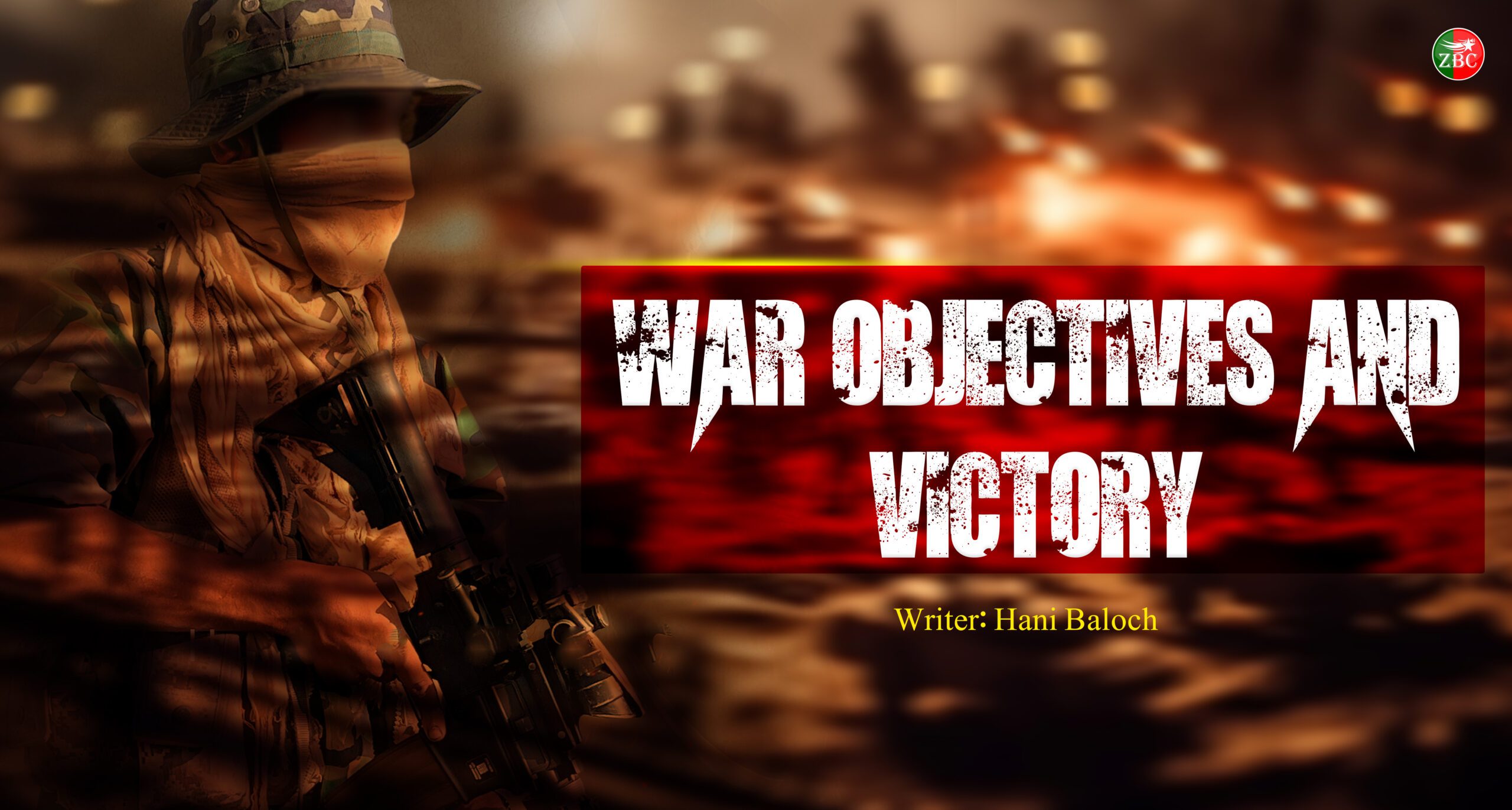
In times of war, the primary focus often revolves around achieving strategic objectives. A notable example occurred in 1965, when Pakistan initiated Operation Gibraltar against India in an effort to gain control over the Indian-administered region of Jammu and Kashmir. In retaliation, India launched a counteroffensive, capturing strategic areas such as Lahore and Sialkot, thereby effectively neutralizing Pakistan’s plan.
In 1971, a subsequent war between India and Pakistan culminated in the disintegration of Pakistan and the formation of a new sovereign state, Bangladesh an outcome that aligned with India’s principal military and political objective.
A similar strategic calculus was evident in the India–Pakistan War of May 2025. In response to continued cross-border terrorism allegedly supported by Islamabad, India formally withdrew from the Indus Waters Treaty and launched a targeted military campaign against Pakistan. This campaign involved the destruction of terrorist infrastructure in multiple Pakistani cities, as well as strikes on airfields and jet hangars, resulting in substantial casualties.
Additionally, India officially designated the Pakistan Army as a direct participant in proxy warfare. It issued a warning that any future terrorist attacks would be interpreted as acts of war, potentially triggering a renewed phase of Operation Sindoor. While the military outcome brought a measure of peace to the Kashmir region, Pakistan continues to face low-intensity conflict and guerrilla insurgency in Balochistan and Khyber Pakhtunkhwa.
Meanwhile, Iran claimed a strategic victory in its recent conflict with Israel, which began following a preemptive Israeli airstrike on June 13, 2025. Israel’s declared aims included the destruction of Iran’s uranium enrichment facilities, instigation of regime change and fragmentation of the Iranian state objectives rooted in its longstanding perception of Iran as an existential threat.
Despite the significant human cost, Iran effectively thwarted Israel’s military ambitions. Its retaliatory missile barrages inflicted widespread damage on Israel’s military, economic and civilian infrastructure, underscoring the escalating costs associated with modern warfare.
Looking forward, Iran is expected to further accelerate its nuclear development and improve the range and precision of its missile technology. The country’s expansive and mountainous terrain, dispersed population and hidden military installations afford it a substantial advantage in sustaining long-term conflict. Conversely, Israel’s compact geography, high population density and centralized infrastructure render it more vulnerable in a protracted war scenario. Should future hostilities evolve into an extended conflict, Iran’s strategic depth and geographic resilience may prove pivotal.
In the aftermath of the war, Iran appears emboldened by what it perceives as a symbolic and strategic victory over both Israel and by extension, the United States. Tehran is likely to leverage this momentum to expand its regional influence. Iran’s network of proxy forces, including groups in Lebanon, Iraq, Syria and Yemen may be reinvigorated, presenting heightened risks to Israel’s long-term security and regional stability.

